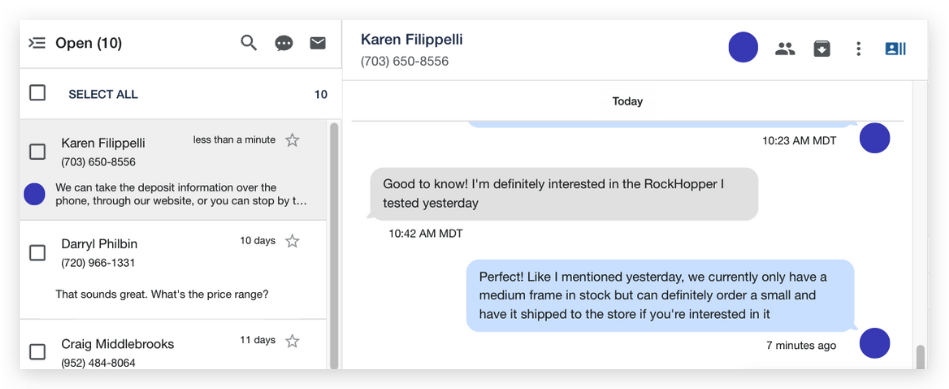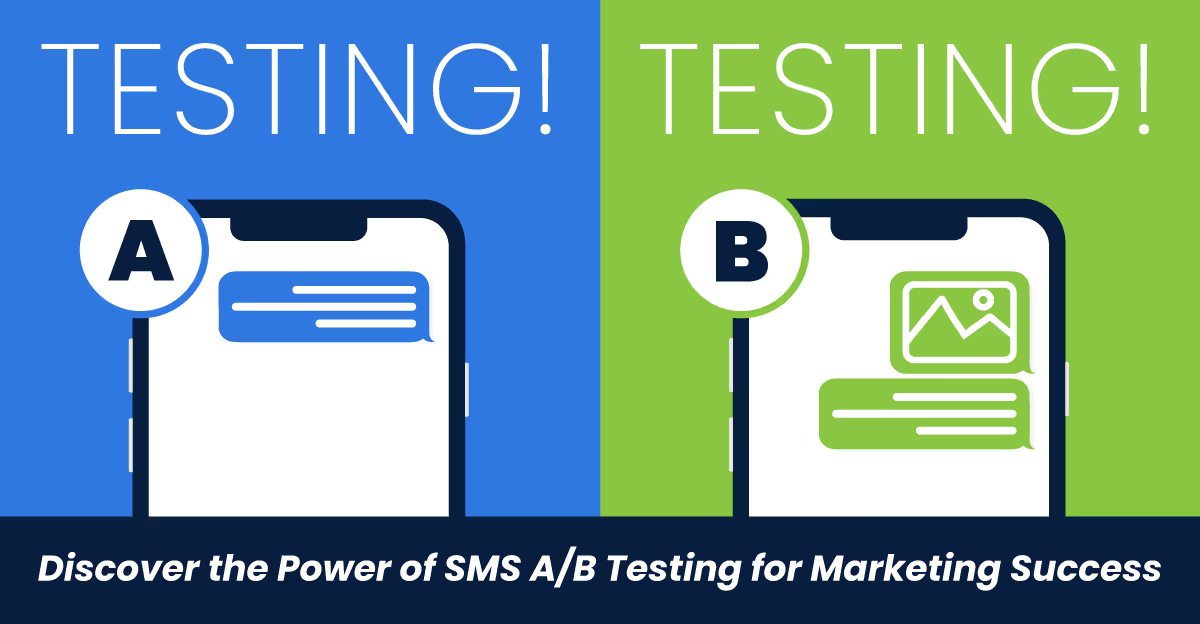Why Empathy is Your Superpower in Business Communication

The most important skill that James Allworth, the Head of Innovation at Cloudflare, learned at Harvard Business School wasn’t data acumen, discipline to get through long work weeks, or a laser-focus on goals.It was empathy.He writes:“Serious people will regularly dismiss empathy for the more concrete and defensible virtues of rational analysis. You’ll get no argument from me that this absolutely has its place. However, depending on it alone to form your opinion can cause you to miss six billion other very valuable sources of insight.”Why is empathy so important?Empathy is simply understanding another person’s experiences and emotions.Using empathy when you reach out to your contacts really means talking to them instead of talking at them.It means reaching out to connect instead of reaching out to close. (And, the good news is, reach out empathetically helps you drive business while building relationships. It’s a win-win).Here’s why you should think about empathy in every business text message you write, email you send, and phone call you make.
It prevents you from driving your audience away.
How many times have you gotten an email from a company that completely misses the mark? Maybe it’s completely irrelevant to you or takes up your inbox space simply tooting the company’s own horn. Maybe they got your name wrong or had a bunch of typos in the first sentence.You’re not alone, of course. Bad business emails aren’t just annoying. On the HubSpot blog, marketing leader Chris Handy writes about what’s so bad about these thoughtless emails:“In the lens of an email received, I view this as a respect issue. Email is cheap, but a prospect’s time and attention are definitely not. She lost the right to ask for my time when she didn’t give me any of hers in the form of 10 seconds of research to understand who she was emailing.”Had the author of those bad emails you received thought about you and your needs, they never would’ve sent those emails. They would’ve understood that sloppy writing, bragging, and sending irrelevant messages is the kind of spammy behavior that drives contacts away.
It helps you deliver what your contacts want.
Instead of following in the footsteps of bad marketers who prioritize their own needs, think about your contacts’ experience with your messages.Here are some empathetic questions that can lead to better business communication:
- What does my contact need most right now?
- What information do I have that would be valuable to my prospects at each stage of their journey with us?
- What’s going on in the world that might impact my contact’s ability to interact with my message?
- Where are my contacts most likely to be when make this call or send this text message? Is this a convenient time to interact or is it likely to interrupt?
It helps you be more effective.
Notice that answering each of these questions empathetically doesn’t just help you better understand your audience — it also helps you build the most effective communication strategy to make sure your messages have maximum impact.You spend time reaching out, energy crafting messages. Really listening to what your contacts’ needs and being responsive to their experience helps your outreach land.Here are some tips to show your contact that you’re listening:
- Use your contact’s name. And make sure you use the correct one!
- Ask questions when you’re not sure what your contacts need.
- Evoke emotion. It’s like a one-two punch: Activate emotion, present solution.
Looking for more on how to be an effective business communicator? Check out these 5 actionable business communication tips.

Continue Reading
Business Texting
Built for Results
Create and convert pipeline at scale through industry leading SMS software


.png)

